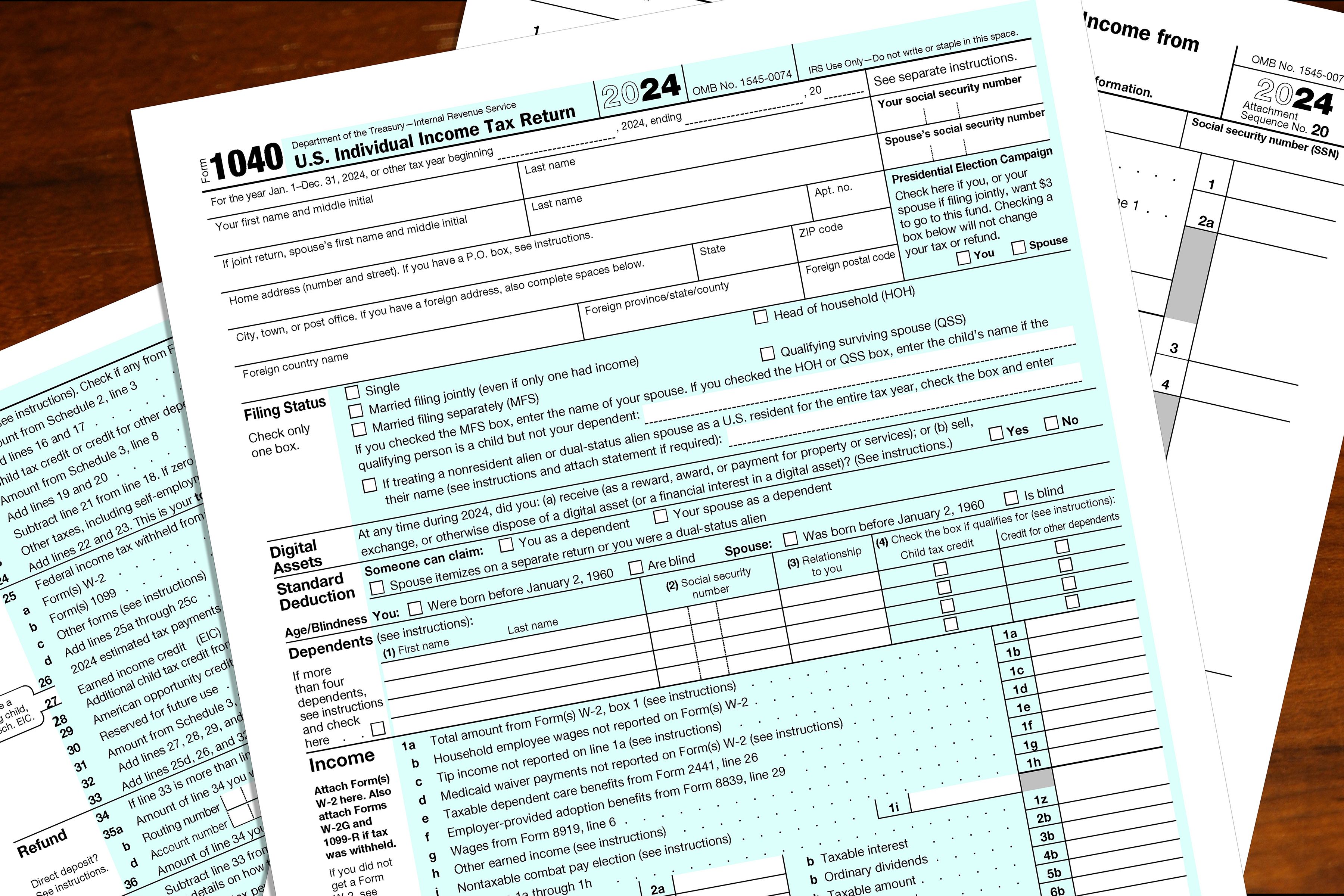Understanding ITIN vs. EIN: Key Differences Explained
Introduction to ITIN and EIN
Understanding the differences between an Individual Taxpayer Identification Number (ITIN) and an Employer Identification Number (EIN) is crucial for individuals and businesses dealing with U.S. taxes. Although both numbers are issued by the Internal Revenue Service (IRS), they serve distinct purposes and apply to different entities. Let's explore their key differences to clarify their unique roles.

What is an ITIN?
An ITIN is a tax processing number issued by the IRS for individuals who are not eligible to obtain a Social Security Number (SSN) but still need to file tax returns. This nine-digit number, beginning with the number 9, is primarily used by non-resident aliens, their spouses, and dependents who have U.S. tax filing obligations.
Who Needs an ITIN?
An ITIN is essential for foreign nationals who must report income from U.S. sources. This includes students, researchers, and dependents of U.S. citizens or residents who are not eligible for an SSN. It's important to note that an ITIN does not authorize work in the U.S. or provide eligibility for Social Security benefits.

Understanding the EIN
On the other hand, an EIN, also known as a Federal Tax Identification Number, is used to identify a business entity. It is essential for business operations, including filing tax returns, opening bank accounts, and hiring employees. Much like a Social Security Number for individuals, the EIN is crucial for business identification.
Who Needs an EIN?
Businesses, including corporations, partnerships, and non-profit organizations, require an EIN. Additionally, trusts and estates that have employees or need to file taxes on income generated within the U.S. also need this identification number. Even if you're a sole proprietor, you might need an EIN to separate your personal and business finances.

Key Differences Between ITIN and EIN
While both the ITIN and EIN are used for tax purposes, their applications differ significantly.
- Purpose: The ITIN is intended for individuals without SSNs for tax reporting, while the EIN is meant for business entities.
- Eligibility: ITINs are for individuals, whereas EINs are required by businesses and certain estates or trusts.
- Application Process: The process to obtain these numbers varies, with specific IRS forms required for each type.
Obtaining an ITIN vs. EIN
To obtain an ITIN, applicants need to submit Form W-7 along with a valid tax return and relevant identification documents. In contrast, obtaining an EIN is typically quicker and can be done online through the IRS website by completing Form SS-4. Understanding these processes can help ensure compliance with U.S. tax regulations.
Conclusion
Both ITINs and EINs play essential roles in the U.S. tax system. Recognizing which number applies to you or your business can simplify tax filing requirements and help avoid potential pitfalls. Whether you're an individual needing an ITIN or a business owner in need of an EIN, understanding these identification numbers is a step toward effective tax management.